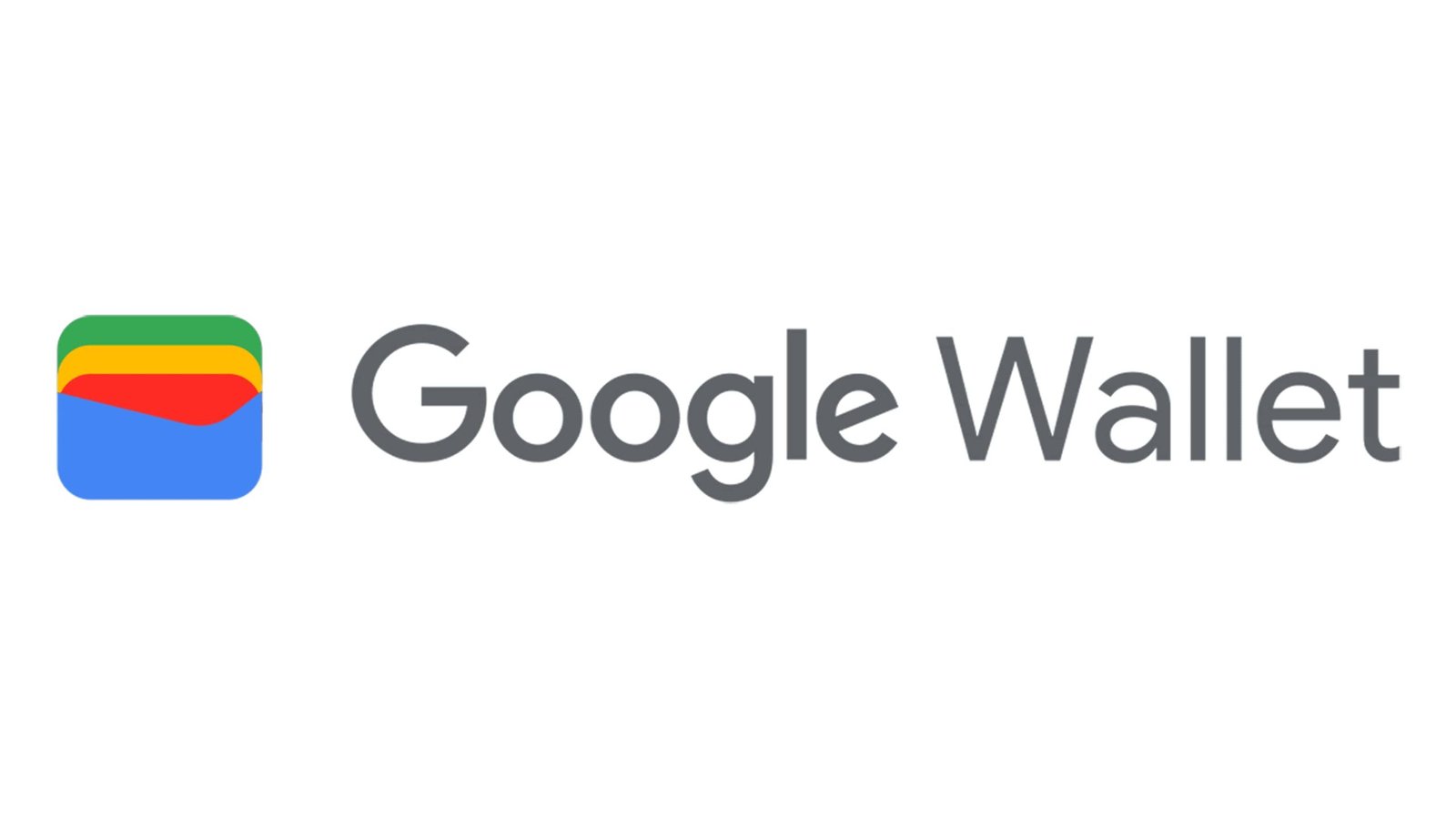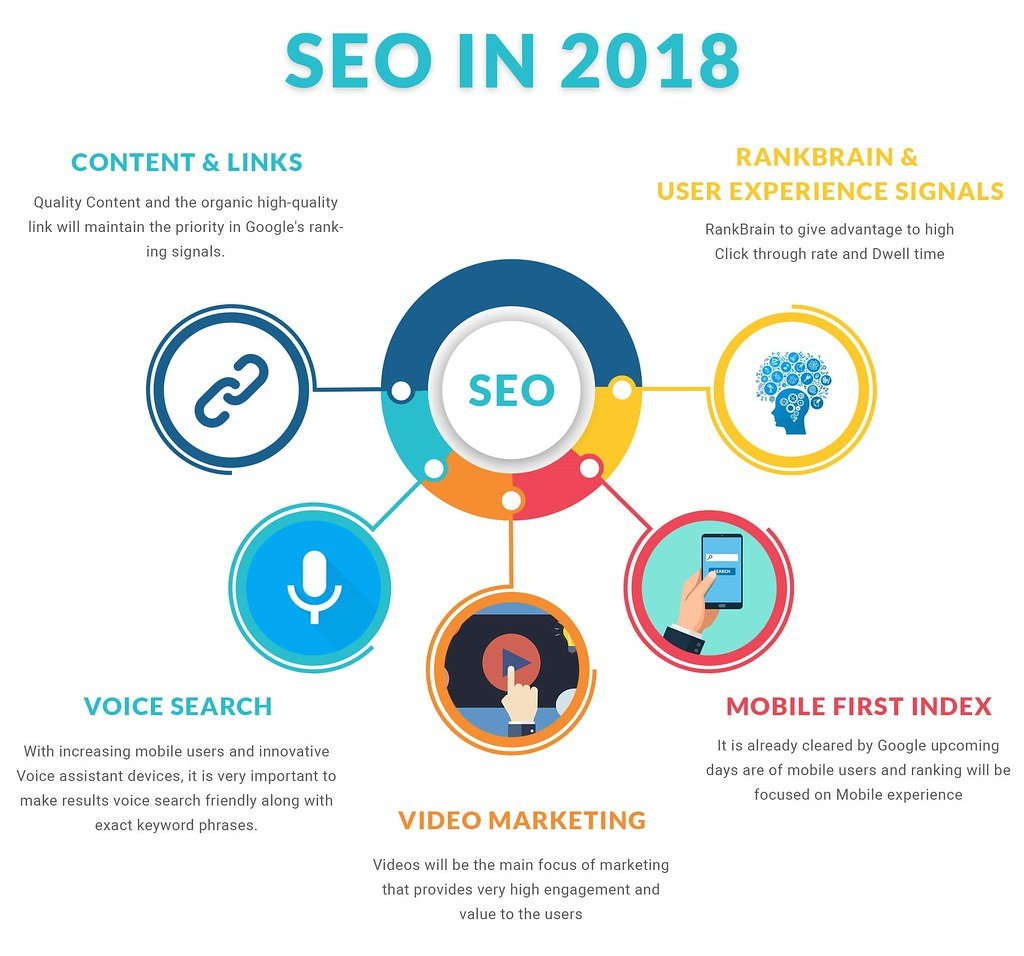Unleashing a tidal wave of excitement in the digital sphere, Google’s BERT update has sent shockwaves through the realm of search engine optimization (SEO). With the evolving landscape of online content and user search patterns, Google’s latest update stands tall as a testament to their unwavering commitment to delivering precise and relevant search results. In today’s fast-paced digital age, businesses and content creators must harness the power of BERT to catapult their online visibility to unprecedented heights. Join us on an exploratory journey as we delve into the world of SEO, unveiling the transformative potential of Google’s BERT update and the seismic shift it brings to the table. Prepare yourself to dive headfirst into the depths of this revolutionary update, as we revamp the conventional understanding of SEO and unlock the true essence of successful online optimization.
Table of Contents
- Understanding Google’s BERT Update: A Game-Changer for SEO
- Harnessing the Power of Natural Language Processing
- Revamping SEO Strategies: Adapting to Google’s BERT Update
- Optimizing Content for BERT: Best Practices and Recommendations
- Q&A
- Insights and Conclusions

Understanding Google’s BERT Update: A Game-Changer for SEO
The world of SEO has just witnessed a seismic shift with Google’s BERT update. This game-changing update has revolutionized the way search engines understand user queries, bringing about a new era in search engine optimization. Whether you’re a seasoned SEO expert or just taking your first steps into the digital marketing world, understanding BERT is critical for harnessing its power and staying ahead of the competition.
So, what exactly is BERT? BERT stands for Bidirectional Encoder Representations from Transformers, which might sound complex, but bear with us. This update allows Google to better comprehend the nuances and context of search queries, making it more efficient in providing accurate search results. With its advanced natural language processing capabilities, BERT enables Google to interpret the meaning behind words, rather than relying solely on keywords. This profound change has major implications for SEO, as it shifts the focus from keyword-stuffing to creating high-quality and relevant content.
To grasp the significance of BERT, consider the following analogy: Imagine you’re having a conversation with a friend. Previously, search engines would only focus on specific keywords in that conversation without fully understanding the overall context. BERT, on the other hand, acts as a knowledgeable participant in the conversation, grasping the intentions, emotions, and nuances that might alter the meaning of certain words. This heightened comprehension allows Google to provide more accurate search results, ensuring users find precisely what they’re looking for.
For SEO beginners, it’s crucial to comprehend that BERT emphasizes the importance of natural language and user intent. Rather than targeting individual keywords, focus on crafting content that delivers a great user experience. BERT aims to mirror how humans interpret language and context, so your content should do the same. By providing valuable and relevant information, you are more likely to attract the right audience, drive organic traffic, and ultimately improve your search engine rankings.
Here are a few key takeaways to optimize your content effectively, post-BERT:
- Focus on user intent: Understand what users are seeking when they make specific queries and ensure your content addresses their needs.
- Avoid keyword stuffing: BERT discourages the overuse of keywords and encourages holistic and natural language usage.
- Write for humans, not machines: Craft content that is informative, engaging, and tailored to your target audience.
- Optimize for long-tail keywords and conversational queries: BERT thrives in understanding the context behind longer, more specific queries, so align your content accordingly.
By understanding and adapting to the BERT update, you can revolutionize your SEO strategy, propel your website’s visibility, and truly harness the power of this groundbreaking advancement.

Harnessing the Power of Natural Language Processing
Natural Language Processing (NLP) is revolutionizing the way we interact with technology. With the recent launch of Google’s BERT update, understanding and optimizing content for NLP has become essential for anyone involved in SEO. Whether you’re a beginner or an experienced professional, harnessing the power of NLP can help you revamp your SEO strategy and stay ahead in the competitive digital landscape.
So, what exactly is NLP and why does it matter? NLP is a branch of artificial intelligence that focuses on the communication between computers and humans in natural language. It enables machines to understand, interpret, and generate human language, allowing them to process and analyze vast amounts of textual data. With the introduction of BERT (Bidirectional Encoder Representations from Transformers), Google’s latest algorithm update, search engines are now better able to understand the context and nuances of user queries, leading to more accurate search results. This means that optimizing your content for NLP is crucial for ranking higher in search engine results pages (SERPs) and attracting organic traffic to your website.
To harness the power of NLP and optimize your content for Google’s BERT update, here are some key strategies to consider:
– Focus on long-tail keywords: BERT has improved the understanding of conversational queries, so it’s important to optimize your content with natural and specific long-tail keywords that reflect how people actually search.
– Write for humans, not search engines: With NLP, search engines are getting better at understanding the context and intent behind search queries. Therefore, it’s crucial to create high-quality, user-focused content that provides value and answers their queries.
– Use structured data: By structuring your content with schema markup, you can provide search engines with additional context and help them better understand the content on your website.
– Optimize for featured snippets: NLP and BERT have a significant impact on featured snippets. To increase your chances of appearing in these prime positions, focus on providing concise, accurate answers to common questions related to your niche.
Harnessing the power of NLP and understanding the implications of Google’s BERT update are crucial steps in revamping your SEO strategy. By implementing these strategies, you can improve your website’s visibility, connect with your target audience, and ultimately drive more organic traffic to your site. Stay ahead of the competition and unlock the full potential of NLP to elevate your SEO game.
Revamping SEO Strategies: Adapting to Google’s BERT Update
In the constantly evolving world of search engine optimization (SEO), keeping up with the latest updates and algorithms is crucial. One such update that has caused quite a stir is Google’s BERT (Bidirectional Encoder Representations from Transformers) update. This update aims to better understand the context and nuances of search queries, making it essential for SEO professionals and beginners alike to adapt their strategies accordingly.
So, what exactly is the BERT update and how does it impact your SEO efforts? BERT is a language processing model that helps Google understand the meaning behind the words in a query and provide more relevant search results. It focuses on natural language processing, allowing Google to comprehend the context of a search query and provide more accurate answers. This means that as an SEO practitioner, it is vital to optimize your content in a way that aligns with the natural language patterns used by your target audience.
Here are a few tips to revamp your SEO strategies and harness the power of Google’s BERT update:
– Focus on creating high-quality, informative content that addresses the intent behind a user’s search query. By understanding the context and nuances of your target audience’s language, you can ensure your content aligns with their needs.
– Use long-tail keywords that reflect natural language patterns. BERT places a greater emphasis on conversational queries, so incorporating phrases and questions that users may ask in a conversational tone can help your content appear in relevant search results. For instance, instead of targeting just “best SEO strategies,” you could optimize for “what are the best SEO strategies to boost website rankings?”
In a nutshell, by adapting your SEO strategies to Google’s BERT update, you can improve the visibility and relevance of your content in search results. Keep in mind that while BERT is a significant step towards understanding natural language processing, other SEO factors such as backlinks and site speed still play crucial roles in achieving higher rankings. Stay informed and stay ahead in the ever-changing world of SEO!
Optimizing Content for BERT: Best Practices and Recommendations
When it comes to optimizing content for Google’s BERT update, there are a few key best practices and recommendations that can make a world of difference. BERT, which stands for Bidirectional Encoder Representations from Transformers, is an algorithm update that has brought about a significant shift in how search engines understand natural language processing. To ensure your content resonates with users and ranks higher in search results, it’s crucial to adapt your SEO strategies accordingly.
To harness the power of BERT, consider incorporating the following tips into your content optimization:
- Write for humans, not search engines: Rather than obsessing over keyword stuffing, focus on creating high-quality, user-centric content. BERT prioritizes context and understands the nuances of language better than ever, so aim to provide valuable information in a natural, conversational tone.
- Focus on long-tail keywords: BERT excels in understanding the context and intent behind long-tail queries. Tailor your content to these more specific search queries that users are likely to input. By doing so, you can attract more targeted traffic and improve your chances of ranking higher.
- Answer questions directly: BERT places great importance on answering users’ queries accurately. Structure your content in a way that directly addresses commonly asked questions related to your topic. This not only helps search engines better understand your content but also enhances the user experience.
Q&A
Q: What is the significance of Google’s BERT update?
A: Google’s BERT update revolutionizes how search engines understand language, enabling better comprehension of context and nuances, thus improving search results for users.
Q: How does Google’s BERT update differ from previous updates?
A: Unlike previous updates that focused on keywords and backlinks, BERT understands the meaning behind language, including prepositions, ambiguities, and context. It truly puts search queries into perspective.
Q: How can the BERT update impact SEO strategies?
A: The BERT update demands a shift in SEO strategies. It puts emphasis on creating content that answers users’ queries directly with intent-based keywords, natural language, and relevant context.
Q: What steps can website owners take to optimize their content for BERT?
A: To optimize for BERT, website owners must focus on naturally incorporating long-tail keywords, addressing specific user queries, and providing detailed, context-rich information that aligns with users’ intent.
Q: Is this update applicable to all types of websites?
A: Absolutely! The BERT update affects all websites, regardless of their niche or industry. It aims to bridge the gap between user queries and content by understanding the underlying intent.
Q: Will BERT impact the ranking of existing content?
A: BERT aims to improve search results by better understanding user intent. It may impact the ranking of existing content, as pages that align well with user intent will likely rank higher. However, providing comprehensive, relevant information will still be key.
Q: Does BERT prioritize long-form content over shorter pieces?
A: BERT doesn’t inherently prioritize long-form content. Instead, it emphasizes relevancy and context. Shorter pieces that provide concise, comprehensive information in response to user queries can still rank well with the BERT update.
Q: How does BERT affect voice search and conversational queries?
A: BERT has a profound impact on voice search and conversational queries. It enables search engines to understand the intent and context behind these queries more effectively, improving the accuracy and relevance of search results.
Q: Can BERT help with multilingual queries and non-English content?
A: Absolutely! BERT is designed to improve language comprehension across various languages. It can better understand the nuances and context of multilingual queries, thereby providing more accurate results for non-English content as well.
Q: Will BERT completely transform SEO practices?
A: BERT represents a significant milestone in the evolution of search engine algorithms. While it demands a shift in SEO strategies, it won’t completely transform practices. It primarily emphasizes providing quality, user-centric content that matches intent.
Q: How frequently does Google update algorithms like BERT?
A: Google consistently updates its algorithms to enhance search results. While major updates like BERT are less frequent, they clearly indicate a commitment towards improving user experience and understanding search queries in a more human-like manner.
Insights and Conclusions
In the vast realm of search engine optimization, adapting to meet the ever-changing landscape is crucial. With Google’s BERT update, a seismic shift has occurred, revolutionizing the way we optimize content for maximum visibility. Embracing this power, we have uncovered the secrets to effectively harnessing the potential of this update.
As the virtual world becomes increasingly competitive, it is imperative for businesses to explore new avenues that can enhance their digital footprint. Enter BERT – a game-changer that has redefined the dynamics of SEO. Through advanced Natural Language Processing (NLP) techniques, BERT has empowered search engines to understand context and nuances more comprehensively, ensuring a more refined and relevant search experience for users.
In revamping SEO strategies to leverage the full potential of BERT, the possibilities are truly boundless. Gone are the days of relying solely on keyword stuffing, as BERT focuses on deciphering the meaning behind the words and phrases used in search queries. By aligning content with user intent, search engines can now better match search results with users’ actual needs, resulting in higher organic rankings and increased visibility.
But how can businesses effectively ride this BERT wave? It all begins with a recalibration of content creation. Context-rich and user-centric content is now more important than ever. Gone are the days of keyword-focused articles that lack substance. Engaging and insightful content that answers users’ queries and provides valuable information is the new gold standard. By catering to the needs of our audience, we simultaneously please Google’s discerning algorithms.
Moreover, semantic SEO, once seen as the icing on the cake, becomes the bedrock of our optimization efforts. By employing schema markup, structured data, and semantic analysis, we ensure that search engines can comprehend the true essence of our content. In turn, this allows them to effortlessly navigate through our website, ultimately driving higher rankings and better organic traffic.
As we embark on this journey with BERT, we must not forget the essence of user experience. Fast-loading pages, mobile-friendliness, and intuitive navigation are more important than ever, as they directly influence a website’s search ranking. By prioritizing user experience, aligning it with BERT, and continuously refining our digital strategies, we unleash the full power of this update and effectively stay ahead of the curve.
In this new era of SEO, embracing the transformative potential of Google’s BERT update is paramount. By revamping our approach to content creation, embracing semantic SEO, and prioritizing user experience, we unlock the gateway to higher rankings, increased visibility, and organic growth. The future of search engine optimization lies in our ability to adapt, evolve, and harness the true power of BERT. It is time for businesses to embark on this exhilarating journey of exploration and realize the full potential that awaits them.

